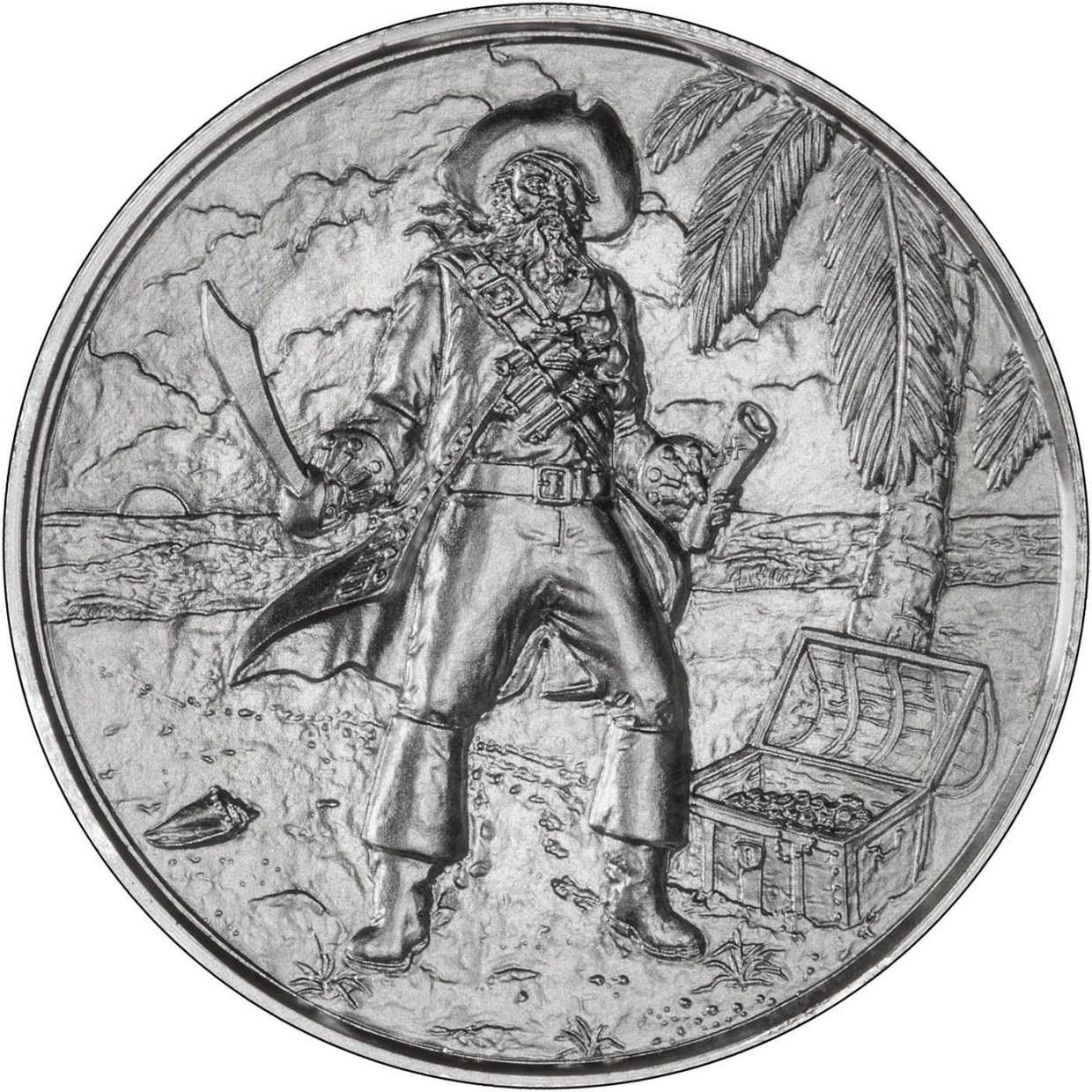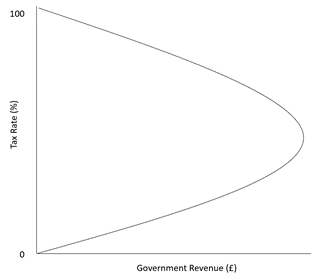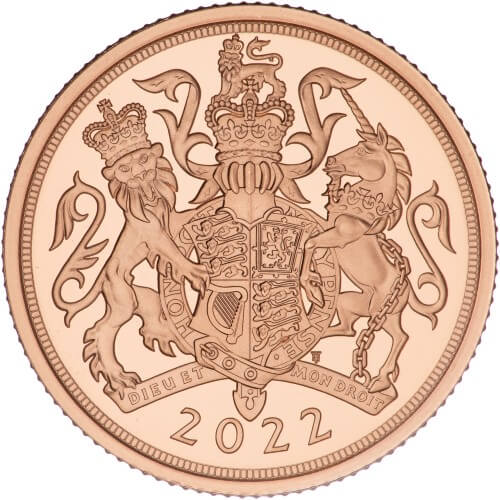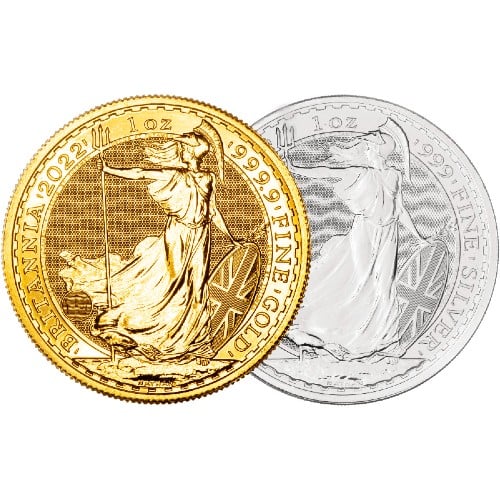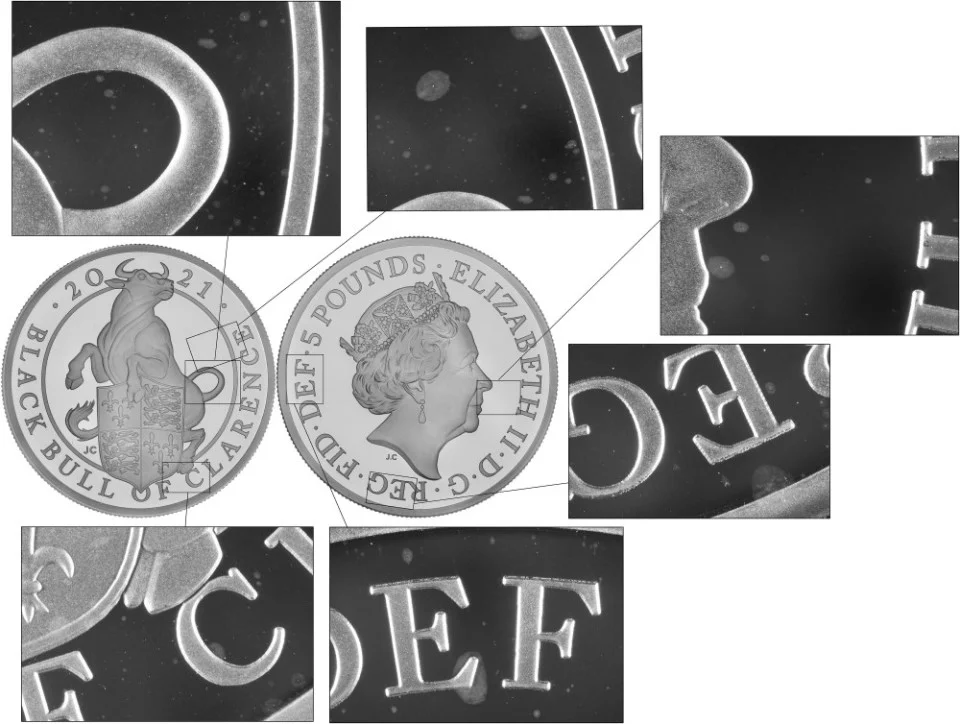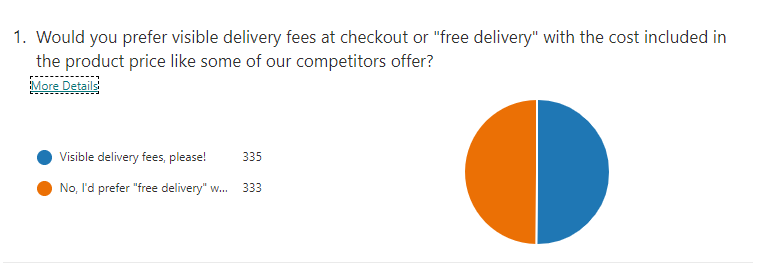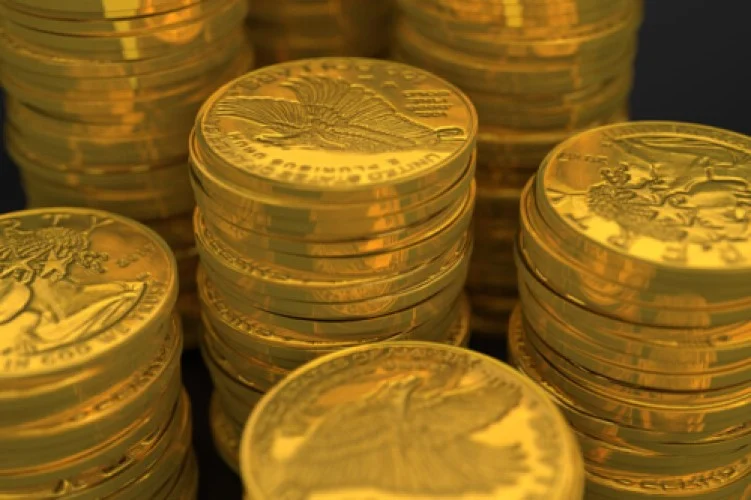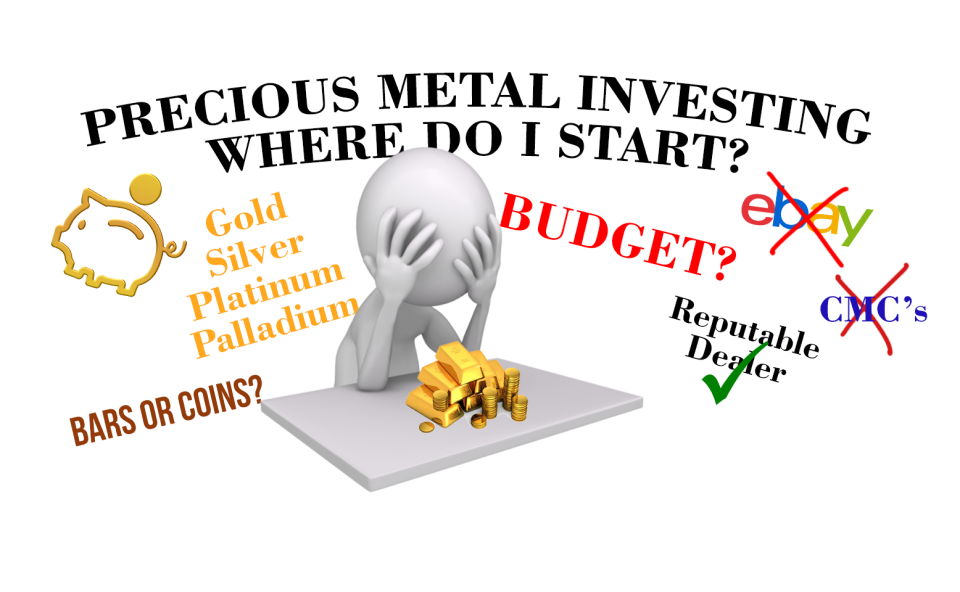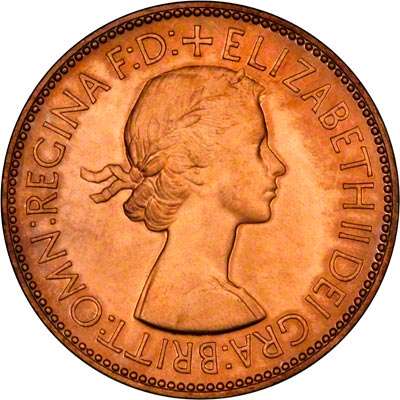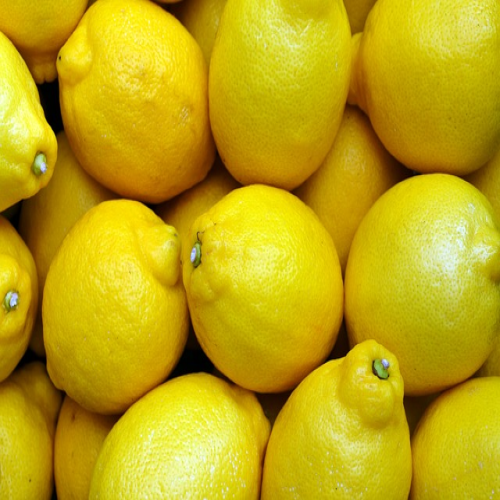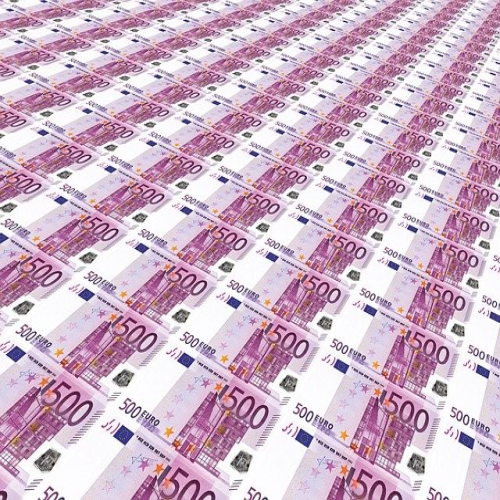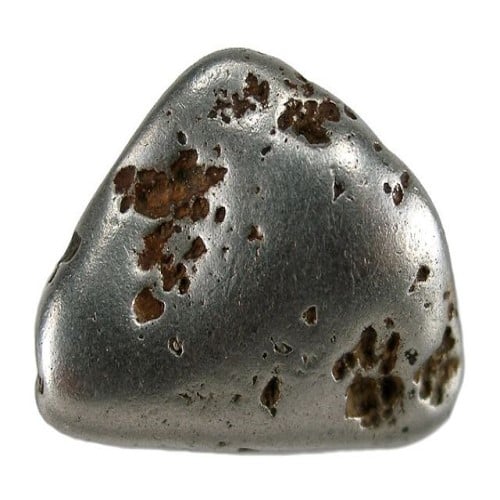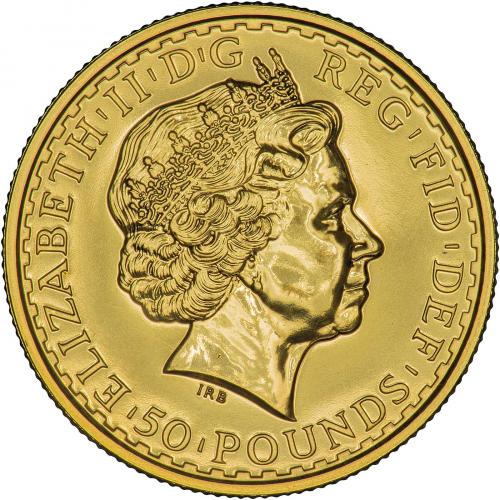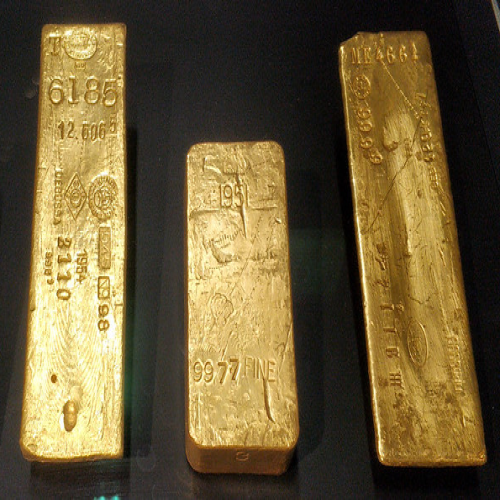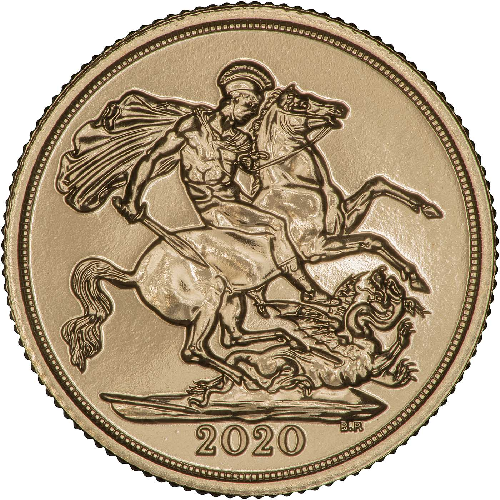Alternative Investments to Gold and Silver
There are many different classes of goods which are often considered as alternative investments, including wine, antiques, stamps, comics and property. Some consider gold as a primary investment.
According to Wikipedia
An alternative investment is regarded as an investment product other than traditional investments such as stocks, bonds, money markets and / or cash.
As the definition of Institutional Investor magazine's Alternative Investment Newsletter, alternative investments include: commodities, financial derivatives, hedge Strategies (or absolute return strategies), real estate and private equity, as well as venture capital. They are supposed to have very low correlation with traditional investment products. However, this definition may not be suitable due to a fast-changing investment environment, and should be re-considered over time.
Some Alternative Investment managers, such as Hedge Funds, cannot advertise or announce their performance under U.S. and European law. Most Hedge Funds or Private Equity Groups only accept investment from high-net-worth individuals or institutions.
Although many Hedge Funds cannot advertise, Accredited Investors in accordance with Rule 501a of Regulation D of the US Securities Act of 1933, can access the BarclayHedge databases of 6,400 Hedge Funds, and download fund information including AUM, contact information, and full performance data since inception.
Gold & Other Commodities
Prime or Secondary Investments?
We believe that commodities can and should be classed as a mainstream investment, although only as a moderate proportion of an overall investment budget or fund. This proportion could expand and contract elastically according to market conditions.
A Few Alternative Investments
Every one of these needs some degree of thought and effort on the part of the investor if there is expected to be any chance of it being a successful and profitable investment, unless the investor is to rely on pure luck, which we do not recommend.
Dealers' margins on many of these categories may be high, there will be storage, maintenance, and insurance costs on most. There is also the cost of disposal on realisation, coupled with the fact that many alternative investments are not particularly liquid, and may require a lengthy time to resell.
Buying and selling at auction does not guarantee the best price for either buying or selling. Most auction houses now charge both buyer's premium and the more traditional vendor's commission. Adding these together often comes to 25%, 30% or more, plus VAT which in most cases cannot be reclaimed.
In most cases, we would advise that you buy something which gives you pleasure to own or use, as this is one very important form of investment dividend.
Get some expertise. Learn something about what you are spending your money on. Try to get a written description, warranty, or guarantee of authenticity if possible. Of course, if you pick up a bargain for peanuts at a flea market, you cannot expect to get this last item, but in this case, try to ensure that the item is not stolen, or you may lose more than just your money.
We would recommend buying things which are currently out of fashion, particularly if they are well made, well-designed, aesthetically pleasing, and hard to reproduce. Fashions ad fads exist in almost all markets.
If you buy something which then becomes popular, and the prices rocket, think about selling, taking your profits, and re-investing them in the next out of fashion sector.
Antiques
Provenance is often stated as being important, and good provenance will often add to the cost, and the value, which are two different things, sometimes without a high degree of correlation between them.
Art
Fine art is often a question of taste or fashion. Buy things you like.
We are often astounded when "experts" disagree over who painted a particular painting. One argues it's a genuine Van Gogh (or whatever) and worth millions, another disagrees and reckons the value in thousands, yet both "experts" are looking at the same painting, by the same person. How does establishing whether it was painted by Vincent or his brother Fred alter the aesthetics, the quality, or the real value?
If you buy a piece of art just because you love it, and think it is fabulous, not only will you get a lot of pleasure from it, but it might just turn out to be a previously unknown work by a famous art, and worth an absolute fortune.
Antiquities
We would loosely define antiquities as "ancient antiques". See our advice about antiques.
Autographs
How do you know they are genuine? How fickle is the market? How easy are they to resell?
Books
We would class antique and rare books along with other antiques.
One important difference exists in the case of low print run, specialist books. Books contain valuable information and knowledge. We have noticed that some of the specialise books we have bought in the past for their use in our business, have not only been a valuable information source through the years, but their second-hand value has often increased considerably. In most cases, we would still not part with them!
Ceramics
My wife used to like Clarice Cliff work when pieces could be bought for very modest prices. Her taste and judgement have been vindicated by her work becoming sought after and highly valued
Classic Cars
These need to be maintained and stored. We remember prices racing up to silly levels some years ago, before crashing.
Coins
You would expect us to recommend these, as this is what we deal in, however many of the general comments we make also apply to coins.
Modern Issues
We would not recommend anybody to invest in coins by buying new issue coins as they are released from the mint, whether this is from the British Royal Mint, any other mint, or any of the coin marketing companies such as Westminster, London Mint Office. Doing so is almost a guarantee that you will lose money. Only buy these modern issue coins if you get great pleasure from owning them, or as a gift. In most cases we, as dealers, make an active secondary market in these items, usually at a discount to their original price, sometimes a very substantial discount.
Non Exempt Coins
It is also important to differentiate between gold bullion coins which are VAT exempt in the EU, bullion coins in other metals which are not exempt, new issues which are usually overpriced because they include high marketing costs, and older rare collectable coins.
It can be right to buy non-exempt coins, provided these are bought at a reasonable inclusive price on "special scheme" if available.
Rare Coins
We see some dealers advising people to invest in rare coins. Although this can potentially be good, it is not necessarily the best advice, as in our experience, premiums often narrow on collector coins when gold bullion prices increase. The most likely reason for a dealer to advise rare coins as an investment is because the dealer can make a bigger profit selling them to you.
Comics
If you kept all your schoolboy comics in mint condition, they may have acquired a high market value, in which case, we would suggest taking a profit, and buying something more substantial.
Gold
Gold can be considered as a hard commodity, but it can also be considered a currency. Not just any old currency, but the ultimate currency. Although its price can rise and fall, its ultimate value does not depend on a promise, a piece of paper, faith, the solvency of a country, the reliability or honesty of its government.
Investment gold can be bought in the form of bars or coins, without VAT in the UK, EU, and many other countries. In the UK, gold sovereigns are also exempt from Capital Gains Tax, although you should never trust Gordon Brown not to change this rule retrospectively.
Jewellery
Jewellery is sold at very high markups, typically perhaps 50% wholesale and a further 100% or more retail. Do not buy new jewellery as an investment. Antique jewellery should be treated as for other classes of antique.
Militaria
Militaria should be considered as just another class of antique. Medals are a sub-class of militaria. Patient collectors who are prepared to devote time and energy to research, may add value to medals by providing provenance and other historical ephemera.
Racehorses
You could always eat them if they kept losing!
For most racehorse owners, it will be an expensive hobby, and you might be just as well giving your money to a bookmaker. You would need plenty of expertise, research and effort, or a lot of luck to make a profitable investment.
Sports Memorabilia
If you can acquire it at low cost, you may be lucky and find ready buyers at silly prices later. For example, if you were Rebecca Loos and could get the entire England team to autograph the football used in the World Cup final, then go for it!
Stamps (Philately)
Same as for coins, except that with coins, you have always got the intrinsic value metal of the metal content to underpin the value, compared with scrap paper for stamps.
Toys
See comics.
Wine
At least this is a liquid investment. Whether you can resell it when the time comes, and how much commission charges syphon off, will affect your investment. The classic comment about investing in fine wine is that you can always drink it if it comes to the worst. In which case, you might as well buy and enjoy the best. There is no point drowning your sorrows in cheap plonk.
Woodlands
These are, or were, subject to a tax deduction, but even so, it is worth trying to ensure that there is a prospect of obtaining income or long term capital gain from them.
Further Reading
You may wish to view all of our articles in our gold guide and our silver guide.
Related Blog Articles
This guide and its content is copyright of Chard (1964) Ltd - © Chard (1964) Ltd 2025. All rights reserved. Any redistribution or reproduction of part or all of the contents in any form is prohibited.
We are not financial advisers and we would always recommend that you consult with one prior to making any investment decision.
You can read more about copyright or our advice disclaimer on these links.

